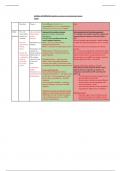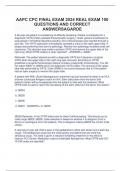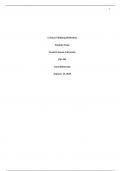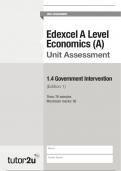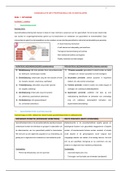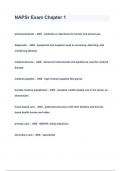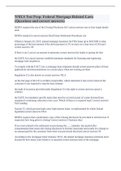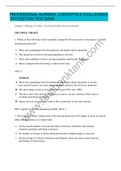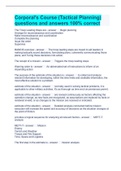Lecture notes
Edexcel Politics: Unit 3 (Global Politics) Institution notes and tables
- Institution
- PEARSON (PEARSON)
This document contains tables and notes for the Edexcel global politics unit 3. This includes institutions of political, economic, human rights, and environmental governance, globalisation, regionalism and the EU, comparative theories, and humanitarian interventions - comes with essay points and ex...
[Show more]
